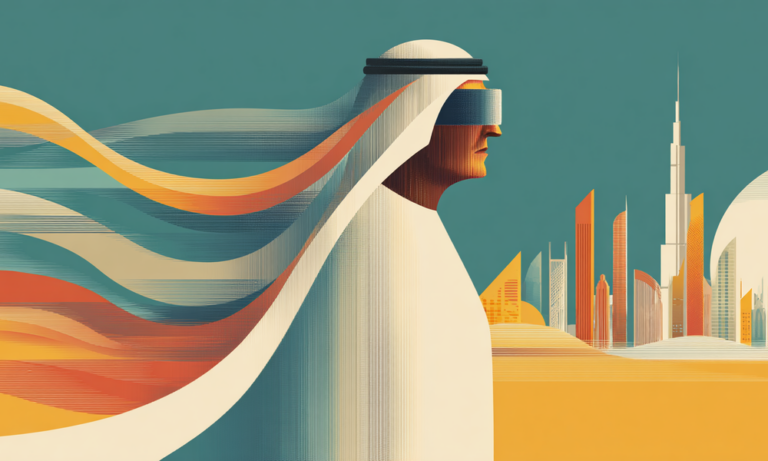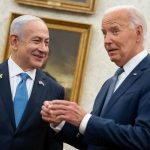
Middle East: How Oil is Funding the Post-Oil Era
You pictured them in football? They’re actually investing in healthcare. You thought their projects were all mega-scale? They have lighter ones too. Middle Eastern sovereign wealth funds are diversifying fast, betting on resources more sustainable than oil to make new…

Artificial Islands: A Legal Object Adrift at Sea
As sea levels continue to rise, reshaping coastlines and threatening entire nations, bold new ideas are emerging. Among them: artificial islands — not in science fiction, but in the plans of architects, engineers, and policymakers seeking to confront climate displacement…

The “Clash of Civilizations”, an oversimplification of World Order?
We sometimes say that the simple things in life are often the best. But does this also apply to the sciences? In 1993, Professor Samuel Huntington attempted this in geopolitics. His theory of international relations was based on a division…
Les plus lus
Medias
All articles

Populism against the people? The avatars of an impoverishing ideology
Populism is a complex ideology that first appeared in Russia in the late 19th century. At the time, it was a movement started within the progressist, democratic and demophilic intelligentsia, which advocated genuine concern for the populace with the aim of helping and educating them, but also of maintaining contact between the social elite and the common people. Since then, the nature of populism has changed and there is a strong possibility that the political actions of its representatives, carried out on behalf of the people, are now turning against the latter and risk pushing them further into poverty.

Heuristic decision making : how to decide in a complex and uncertain world?
In this forth Interview of the ThinkForward Conferences cycle SKEMA Business School is pleased to welcome Professor Gerd Gigerenzer to discuss about decision making under uncertainty.

Global warming and the Russian Silk Road
Global warming is an established reality whose effects, which are now tangible for everyone, are potentially harmful for the planet. Yet, it can also bring with it unexpected opportunities...

INTERVIEW OF SERGEI GURIEV: Informational Autocrats
In this Third Interview of the ThinkForward Conferences cycle, Sergei Guriev discusses key insights from his most recent research about Autocracy and Autocrats. Sergei Guriev is the Scientific Director of Sciences Po's Master's and PhD programmes in economics. He is a Research Fellow at the Center for Economic Policy Research (CEPR) and member of the Executive Committee of the International Economic Association.

Interview of Zahra Hankir, editor of Our Women on the Ground: Essays by Arab Women Reporting from the Arab World
First Interview of the ThinkForward Conferences cycle organized by Professors Rodolphe Desbordes and Frédéric Munnier.
Stéphanie Chasserio Interviews Zahra Hankir. She is the award-winning, best-selling editor of Our Women on the Ground: Essays by Arab Women Reporting from the Arab World.
Zahra writes about the intersection of politics, culture, and society in the Middle East. Her work has appeared in the Los Angeles Times, Vice, BBC News, Al Jazeera English, Businessweek, Roads & Kingdoms, and Literary Hub, among other publications.

The military, intelligence and consilience
In these times of great uncertainty, everyone is seeking to better anticipate the future. In the military and intelligence fields, it is striking that, besides tactical or technological solutions, top officials are adopting transdisciplinary approaches similar to consilience.

Thucydides Trap or endogenous oscillation? Through what interpretive should China-United States relations be viewed?
Godwin’s law asserts that “as an online discussion continues, the probability of a reference or comparison to Hitler or Nazis approaches 1.” More generally speaking, the longer a debate goes on the higher the likelihood of using extreme analogies. It would seem that the current rivalry between China and the United States is no exception to this rule.

Public power in the time of the epidemic
It is not unusual to read that private players threaten state prerogatives. A detailed analysis of the situation, including through the prism of international investment agreements, gives this idea a certain credibility while shedding some new light on it.

The globalisation of mistrust
Globalisation is underpinned by the trust that binds and connects its stakeholders. Yet the health crisis we are currently experiencing is creating a growing sense of mistrust between countries, resulting in increased risks for their populations. To counter the temptation…







